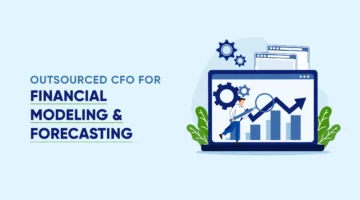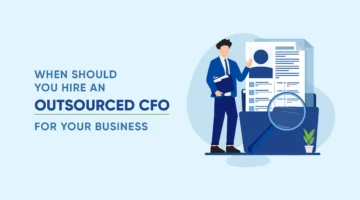Could Tax Reform Affect the Bottom Line of Your Business?
Taxation is a necessity of living in a society, and tax reform is an ongoing process to make it a more effective and efficient operation. The Internal Revenue Service (IRS) continually updates tax code to meet the ever-evolving needs of citizens, business, and life in general. Major tax reform instituted for the fiscal 2018 year with the newly passed Tax Cuts and Jobs Act (TCJA). TCJA tax legislation affects individuals, the tax-exempt, government entities, and of course business. Many of these updates can change the bottom line or the net total of a business’s earnings, and as the end of the year approaches, now is the time for business owners and self-employed individuals to review their tax obligations.
The Tax Cuts and Jobs Act Affects Business
Significant elements of the tax code were altered with the passing of TCJA in December 2017 including the reduction of tax rates for businesses and individuals, increasing the standard deduction and family tax credits, and reducing the alternative minimum tax to list a few. Business is mainly affected by tax reform regarding deductions for qualified business income, depreciable business assets write-offs, expense deduction for entertainment and meals, and employer deduction for certain fringe benefits offered to employees
A 20% Deduction for Qualified Businesses
Many business owners of sole proprietorships, partnerships, trusts and S corporations may deduct 20 percent of their qualified business income if they meet specific qualifications and are a pass-through business. Qualifications include the business category (health, law, accounting, consulting and more are not included), taxable income, real estate investment income, and other thresholds. Detailed information on this deduction and be found on the IRS’s website.
A 100 % Business Expense Write-Off for Some Assets
Some depreciable business assets can be immediately expensed as a write-off of 100% of the value of the assets. This depreciation deduction generally applies to assets with a recovery period of 20 years or less. Qualified assets include machinery, equipment, computers, appliances, and furniture. Information on qualifications, limitations, and more can be found on the IRS’s website.
Eliminates Entertainment and Some Meal Deductions
Business can no longer deduct expenses for activities generally considered to be entertainment, amusement, or recreation-related. Business owners can, however, deduct 50% of the cost of business meals if qualifications are met including that the meal is not considered lavish or extravagant. The meals may be provided to current or potential business contacts. Guidance on expense deduction for meals and entertainment can be found on the IRS’s website.
Deductions for Employee Fringe Benefits
Employers can deduct some costs of fringe benefits offered to their employees, including bicycle commuting reimbursements, qualified moving expenses reimbursements, and employee achievement awards. Employees may also claim a general business credit based on wages paid to qualified employees while they are on family and medical leave. The IRS’S tax reform for businesses page has more information on fringe benefit changes.
Understanding Tax Reform Protects Your Business
Understanding these changes and more to tax reform can help you protect your business’s bottom line. NOW CFO can help by providing consultants versed in tax code laws, business requirements, and practice accepted best financial standards.


